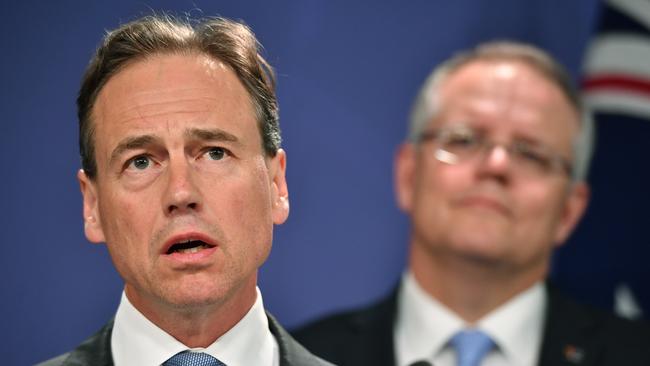Doctors seek tighter rein on alternative therapy practitioners
Health practitioners who spruik unproven and alternative treatments would be required to advise patients of the lack of evidence.

Health practitioners who spruik unproven and alternative treatments would be required to advise patients of the lack of evidence, the risks, and the need to continue with any conventional treatments recommended for their condition.
Through new guidelines, still subject to consultation, the Medical Board of Australia has moved to tighten the regulation of such practices and to make clear its right to intervene where patients are being put at risk.
The board is concerned “the use of complementary and unconventional medicine and emerging treatments is increasing and includes a wide range of practices from minimally invasive to major complex interventions”. With new guidelines, the board hopes to clarify practitioners’ obligations and patient rights without reducing choice, restricting practice, adding regulatory costs or stifling research.
“Unlike the current guidance provided through the board’s code of conduct, which is generic and covers all types of medical practice, these guidelines would include specific guidance for medical practitioners who provide complementary or unconventional medicine or emerging treatments in the key risk areas identified by the board,” it says.
The interventions are offered by practitioners with a range of experience and credentials, sometimes with a financial interest in the products; complementary medicine is a $3.5 billion industry in Australia. Practitioners can appeal to vulnerable patients, in the worst cases replacing conventional treatments without the knowledge of the patient’s treating doctors.
A series of tribunal cases has highlighted the dangers of complementary and unconventional medicine and in 2016 a coroner criticised the use of an unproven stem cell therapy for dementia after a man died of blood loss during a procedure.
The draft guidelines have been released for consultation as the board considers responses to its proposed rewrite of the code. In a related area, its draft code would require practitioners to consider their public comments, “acknowledge the profession’s generally accepted views and indicate when your personal opinion differs”.
“Behaviour which could undermine community trust in the profession is at odds with good medical practice and may be considered unprofessional,” the draft code states.
The Australian Medical Association and Royal Australian College of General Practitioners say the rewrite is impractical and restricts free speech.
While the regulator looks to tighten its requirements, the Coalition government has a mixed record on calls for tougher legislation.
Health Minister Greg Hunt did not accept recommendations from a government-commissioned review that called for pharmacies to be banned from selling homoeopathic medicines.
Mr Hunt has, however, banned private health insurers from paying benefits, more than $50 million a quarter, for natural therapies from April 1. A review by the National Health and Medical Research Council previously found little or no proof that 17 natural therapies were clinically effective.
The natural therapies sector is concerned the ban will extend across the health system, stifle the research needed to prove efficacy and could push more dangerous practices underground.



To join the conversation, please log in. Don't have an account? Register
Join the conversation, you are commenting as Logout